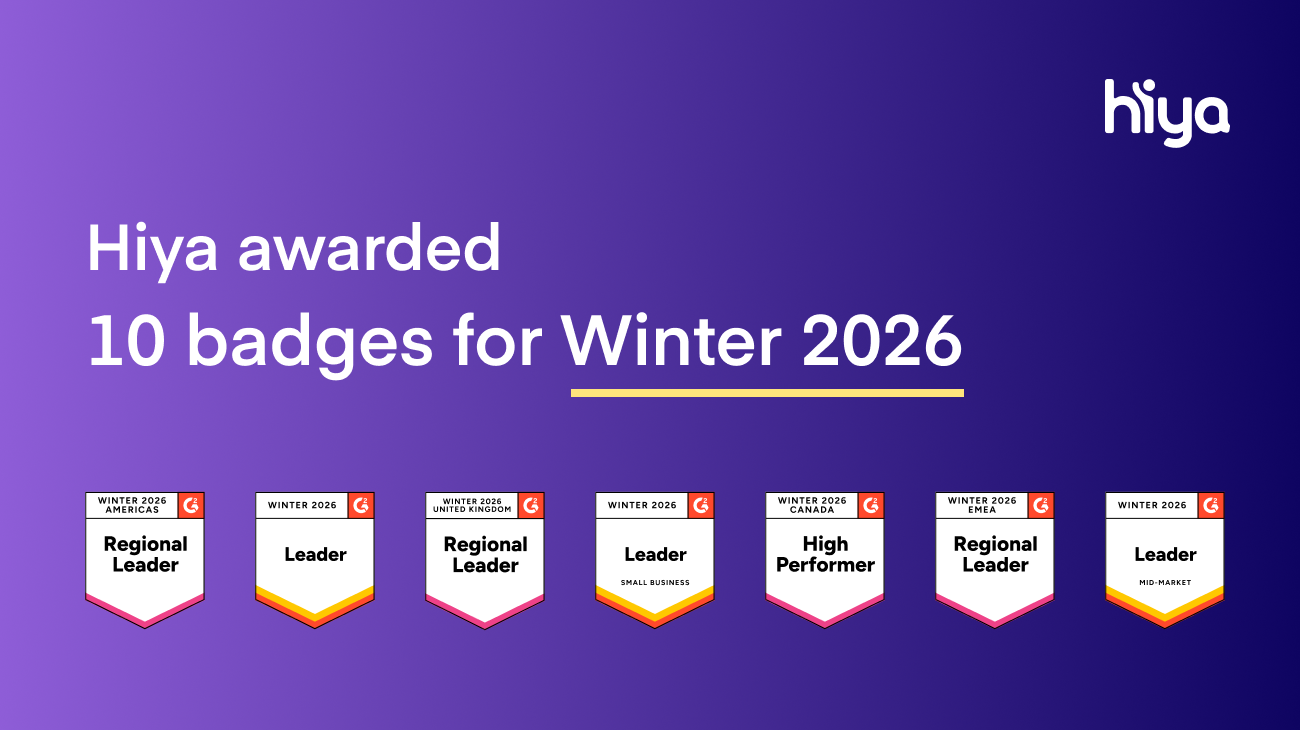.jpg)
This past summer Germany was hit by a massive phone scam campaign where callers posed as representatives of Europol (the European Union’s law enforcement agency) or Interpol (the International Criminal Police Organization). The scammers threatened victims with arrest unless they immediately paid a fine — or revealed sensitive information such as a bank account number.
Hiya sees a surge in scam activity
Germany had already been experiencing a growing problem with spam and fraud calls. Hiya’s State of the Call 2023 report shows that Germany has a spam rate of 21.21% and that people have suffered an average loss of $325.87 in 2022.
In March of 2022, Hiya first began receiving reports of the Europol and Interpol scams from Germans using Hiya Protect through their mobile phone device manufacturer. By August, hundreds of reports were coming in. It quickly became the #1 phone scam in Germany.
Here’s a sampling of what users reported to Hiya (translated from German):
- “Caller says it is Europol and my identification information was stolen.”
- “Recorded announcement pretends to be from Europol and a crime has been committed with my ID card. It prompts me to press a number for more information.”
- “Recorded message in English, allegedly from Europol, saying my identity has been abused.”
- “[They] keep calling, again and again, saying Europol.”
According to an article in The Guardian, the Europol scam has hit thousands of Germans and has defrauded them out of millions of Euros. The article notes that Germany’s telecommunications regulator has found that the calls arrive in Germany through networks in other countries and it’s likely they are routed through several different countries to cover the scammers’ tracks. Phone numbers are often spoofed so they appear to be coming from in-country.
How Hiya fights similar attacks
“This scam campaign was massive,” said Jonathan Nelson, Director of Product Management for Hiya Protect. “This was the German equivalent of the auto warranty scam in the U.S.,” he said, referring to the #1 phone scam campaign in the U.S. in 2021.
Nelson notes that Hiya has been very successful in blocking auto warranty scam calls for phone carriers who integrate Hiya Protect into their network. A study confirmed that Hiya was able to correctly identify 87% of auto warranty scam calls.
Nelson offers this advice to Germans to help them avoid falling for the Europol/Interpol scam:
- Don’t trust the phone number shown on your caller ID. Nelson says the scammers initially used unassigned numbers but are now spoofing legitimate mobile numbers in Germany.
- If you receive an unexpected call from someone who says they’re from Europol or Interpol, assume it’s a scam. If you think the call could be legitimate, look up the phone number for Europol or Interpol and dial that number.
- Never give out personal information to anyone who calls you on the phone. Neither Europol nor Interpol will call you demanding immediate payment. And they’ll certainly never request payment with cryptocurrency or gift cards — that’s always a scam.
How to fight back against the Europol scam
Carriers can add Hiya Protect, a complete call protection solution that enables carriers to protect their subscribers by blocking and labeling spam calls and helping them identify wanted calls. Hiya Protect recently added a new layer of protection, Personal Call Filtering, formerly known as Personal AI, which personalizes call protection to individual subscribers so they receive the calls that are important to them and are protected from targeted attacks.
With Hiya Connect, enterprises can improve customer engagement and loyalty while protecting their customers from deceitful interactions and their brand reputation from inaccurate spam labeling. Get a free reputation analysis report to see if your customers are at risk.
Individuals can check with their phone carrier to see if it offers any spam/scam-blocking capabilities. If not, ask your carrier to consider adding Hiya Protect.

.jpg)

